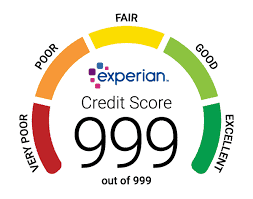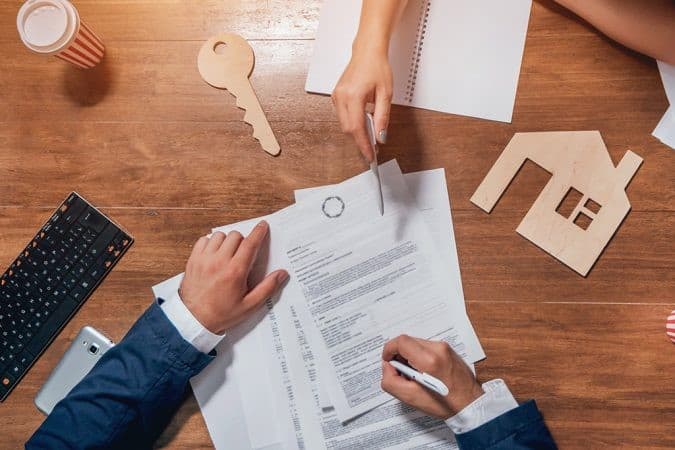There may be times when you need to change the names on a mortgage. This might be because you get married and change your name, for example, or you get divorced and want to remove someone permanently from the arrangement. Let’s take a look in more detail at when you might need to change names on your mortgage and how you can do this.
Updating Names
If you simply get married, divorced or legally change your name, then it should be relatively easy to update your mortgage by simply contacting your lender and providing them with proof of your change of name, such as your Change of Name Deed or marriage certificate.

Removing or Adding a Person
It is slightly more complicated if you want to add someone to your mortgage or alter a joint mortgage that you are already paying back. In this situation, the process of changing names on your mortgage is known as a transfer of equity. You can read more about this at https://www.samconveyancing.co.uk/news/conveyancing/transfer-of-equity-process-3894.
Transfers Explained
Transfer of equity usually occurs when you don’t want to change your mortgage terms but want to remove or add someone. This may be due to a bereavement, separation, divorce, or because you have a partner who you want to add to your mortgage.
You will be transferring your mortgage and this will involve transferring property ownership as well. This is a serious commitment and if you want to do this, you should always get professional legal advice and help to complete the processes involved.
If you are planning to take over the mortgage alone, you will have to show that you can afford to repay the loan on your own. There is a mortgage calculator available on the Citizens Advice website.
If you Divorce
If you have a joint mortgage and separate from your partner, you have a range of options, including transferring the equity. If your partner or yourself want to stay in the property, there could be a transfer of ownership with one person buying out the former partner.
Alternatively, you might decide to sell and divide the proceeds. The money from the sale would be used to pay off your mortgage, with the remainder being shared between the parties.
Finally, you might decide to continue paying the mortgage with your former partner. This may be appealing if the mortgage is close to the end of its term.
You must remember, however, that you always need to ensure that the mortgage is being paid, even if you are in the process of making a decision about your future.

If you don’t make payments, you and your partner’s credit score will be affected, which may hinder you when it comes to applying for mortgages and loans in the future. To prevent problems from occurring, always get financial and legal advice from reputable sources who can help to ensure that you make the right decisions to secure your property and your financial future.







